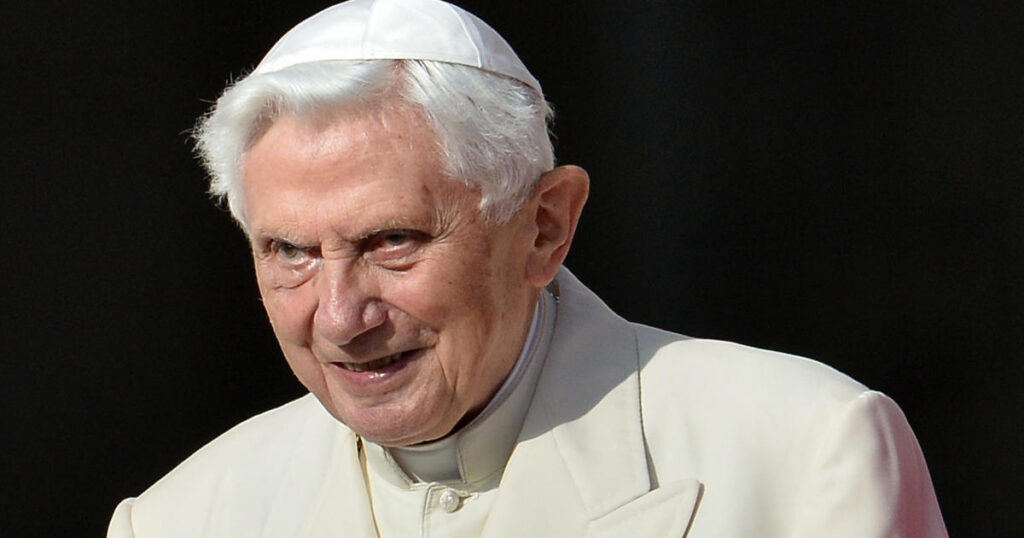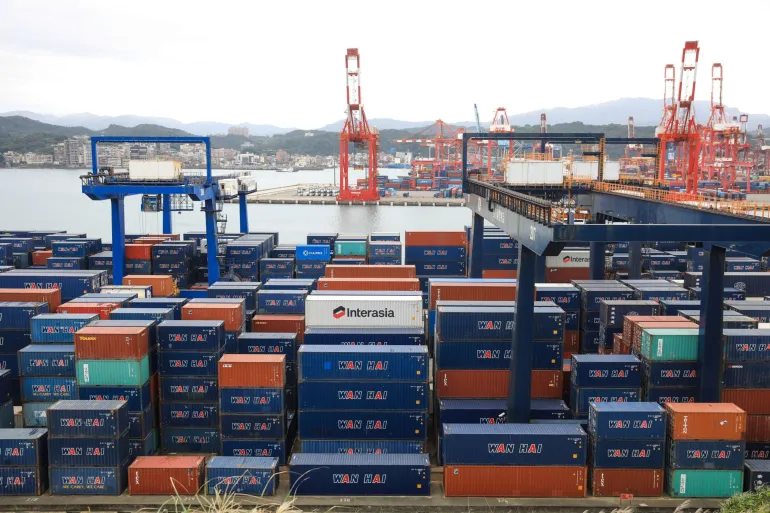When Moussa Dadis Camara, a former leader of Guinea, took the witness stand in a trial of officials charged with a 2009 massacre, he rejected blame.
Instead, he connected the 2009 stadium massacre to the ousted leader Alpha Conde.
Therefore, I assert that the events of September 28 were expertly planned and prepared by President Alpha Condé, Sékouba, and their executioner Toumba, Camara said in court.
In September 2009, pro-junta forces attacked an opposition rally in a stadium in Conakry, killing 156 people and raping at least 109 women. Camara and 10 other former military and government officials are accused of participating in these atrocities.
They are accused of crimes such as murder, sexual assault, kidnapping, setting fire to property, and looting. “Personal criminal responsibility and command responsibility” are the accusations made against Camara.
Judge Ibrahima Sory Tounkara, the presiding judge, reminded Camara, 57, of the accusations the court had made against him.
And when asked if you recognized them, you gave a negative response, Tounkara said.
Camara answered, “Absolutely,” and then launched into a long monologue, quoting the Egyptian pharaohs, Heraclitus, and Immanuel Kant.
Additionally, he invoked God, saying, “God, if you gave me power, if I killed at the September 28 stadium, I will not step foot back into Guinea.”
Survivors and victims’ families had been anticipating Camara’s deposition ever since the trial’s opening on September 28, 2013, exactly 13 years after the massacre.
Conakry locals gathered around television sets in stores and markets outside of the court to watch the historic trial.
After Camara claimed he was too ill to testify, the hearings were postponed a week ago until Monday.
The former leader of Guinea has been charged with planning the massacre by the attorney for Aboubacar Sidiki Diakite, also known as Toumba, a former aide de camp to Camara. He also claims Camara feigned illness.
Toumba, Camara claimed to the court, had stopped him from going to the stadium to regain control.
He claimed that Toumba was carrying grenades. I realized that I couldn’t arrest him because he was carrying weapons.
Camara claimed he had the option of staying in Burkina Faso and avoiding the trial.
One of Camara’s attorneys claimed that his client had the “absolute right” to rest because he had been battling a tiresome case of malaria for weeks.
In December 2008, shortly after General Lansana Conte, Guinea’s second post-independence president, passed away after 24 years in office, Camara, a then-unknown army captain, took over.
Toumba shot Camara in the head in December 2009, and Camara left for medical care in Morocco.
In July 2015, Guinean magistrates charged him for his alleged involvement in the stadium massacre after he fled into exile in Burkina Faso.
The former strongman was taken into custody on September 27, the day before the eagerly anticipated trial got underway in the nation’s capital Conakry’s purpose-built court.








